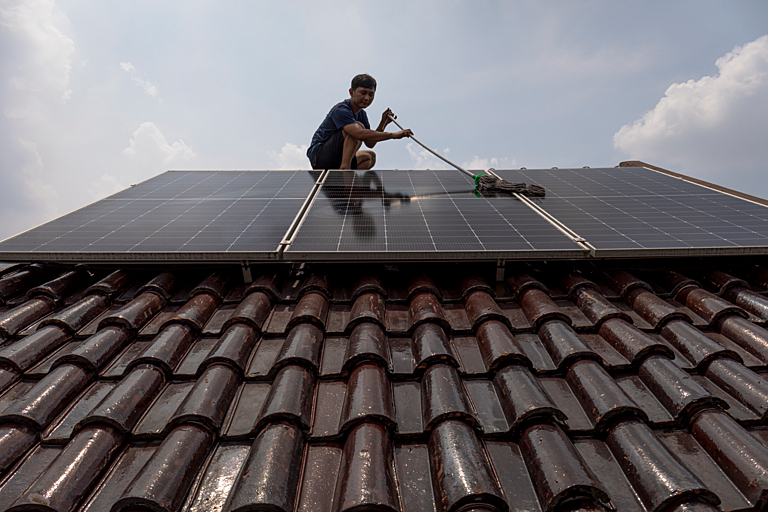
As COP29 unfolds, global attention is squarely on solutions to meet urgent climate targets. In line with these critical discussions, Oxfam and Tax Justice Network Africa (TJNA) are expanding the Fair Tax Monitor’s Common Research Framework (CRF) to include an in-depth Green Taxes chapter. This new component is designed to help low-income countries implement environmentally conscious tax policies that not only curb environmental damage but also drive equitable social progress.
A New Framework for Green Taxes that combines Environmental and Fiscal Justice
Environmental degradation and inequality feed into each other, often creating a cycle of vulnerability for low-income countries. The poorest populations frequently live in areas most impacted by climate change, pollution and resource depletion, yet they have the fewest resources to adapt or relocate. This cycle highlights why making green taxation fair and progressive is not only a climate imperative but a social one — to foster a resilient society, tax systems must ensure that those who contribute to environmental harm also bear their fair share of the financial responsibility.
The CRF is a comprehensive tool created and developed over the last ten years to analyze national tax policies across dimensions such as revenue sufficiency, progressivity, and transparency. The new (upcoming) chapter on Green Taxes will offer a structured approach to analyze how national tax systems can both support environmental sustainability and address fiscal inequalities. Recognizing that fiscal fairness, inequality, environmental resilience, and sustainability are deeply interdependent, the chapter will highlight green tax policies that fairly distribute tax burdens, mitigate climate impacts, and prevent marginalized communities from bearing a disproportionate share of environmental costs. In doing so, the CRF’s Green Taxes chapter aims to empower policymakers with the tools they need to implement green taxes that prioritize social equity.
What the Green Tax Chapter Can Do for Policymakers and Advocates
This new chapter of the CRF focuses on analyzing a country’s green taxes with a clear framework centered on social equity, environmental impact, and fiscal sustainability. Key elements of the framework include:
- Fairness and Social Equity: The chapter guides policymakers to identify and design green taxes that consider the needs of low-income communities, ensuring they do not disproportionately bear the costs of environmental policies. This means that essential goods should either remain untaxed or have minimal taxation, whereas high-emission industries may face steeper taxes.
- Revenue Allocation for Climate Adaptation: The framework guides stakeholders towards using green tax revenues to fund climate resilience and pro-poor initiatives. By channeling funds into pro-poor climate adaptation and social spending green taxes can promote a just transition that supports both environmental goals and the welfare of vulnerable populations.
- Environmental Impact Assessment: By mapping out green tax policies that reduce pollution and incentivize sustainable practices, the framework supports countries in targeting their most pressing environmental challenges. For example, taxing high-pollution industries helps shift behavior while generating essential revenue for climate adaptation.
Towards a Just and Resilient Future
As the world gathers at COP29, we urge decision-makers to recognize the role fair green taxation can play in achieving climate goals while upholding social equity. We invite policymakers, civil society organizations, and tax justice advocates to explore this new CRF framework and join in shaping fiscal policies that deliver a greener, fairer future for all.
For more information on how the Fair Tax Monitor can support your advocacy, visit the MakeTaxFair page and the Methodology page to learn more about the Common Research Framework.
